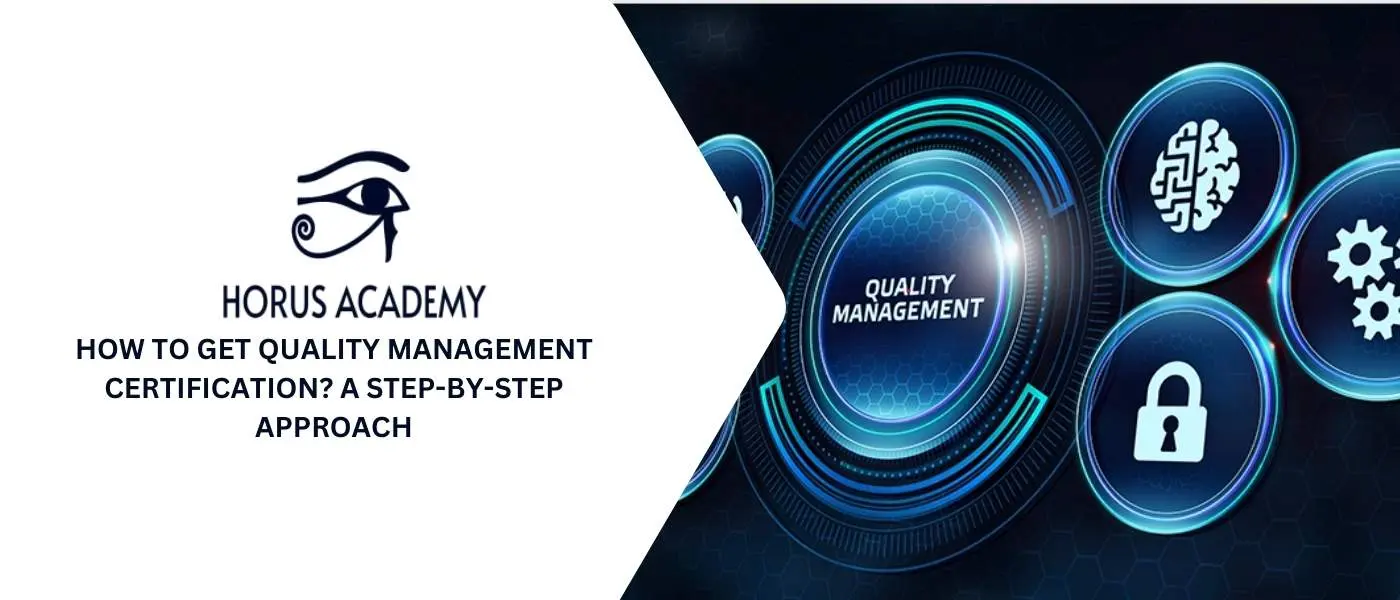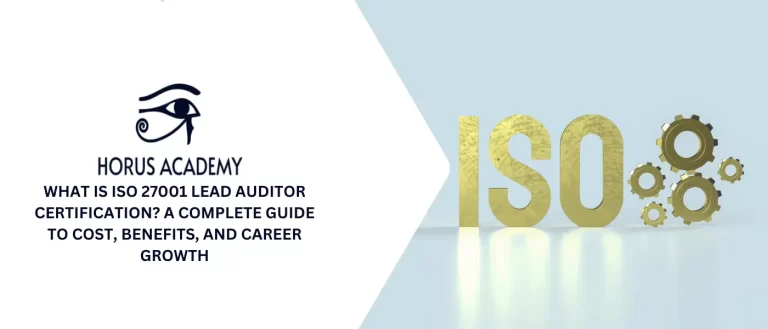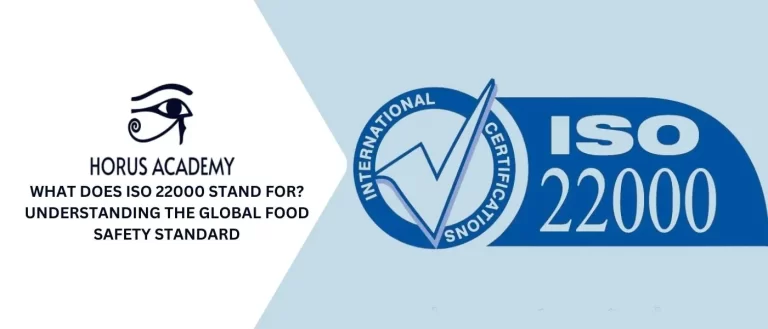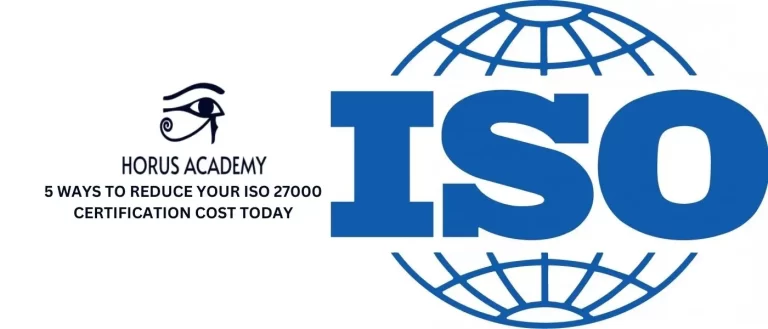
The implementation of a quality management system (QMS) delivers substantial advantages that benefit your entire organizational structure. It is essential to identify and explain the advantages of quality management schemes so team members at all levels understand their worth in making quality initiatives a priority.
In this article, you will learn how to get quality management certification, the benefits of being a quality management lead in your organization, and the common challenges during the certification process.
Table of Contents
ToggleWhy Pursue a Quality Management Certification?
The implementation of a QMS system helps regulated industries consistently execute quality operations for making products compliant with regulations.
The ISO 9001:2015 QMS framework provides comprehensive guidelines for customer-centered quality management systems based on:
- organization leadership
- employee engagement
- process control and enhancement
- decision-making with evidence
- relationship management principles.
Organizations that implement Quality Management Systems following ISO 9001 or ISO 13485 standards receive documented early-stage advantages, according to a study published in Harvard Business Review.
The study evaluated ISO-certified organizations, which demonstrated superior survival rates and sales performance together with employment growth along with wage increases compared to non-certified businesses.
Check out our ISO 9001 Lead Auditor Program.
Understanding the Basics of Quality Management Certification
To learn how to get Quality Management Certification, you need to understand the types of certificates, so let’s break it down:
ISO 9001:
- The quality management certification ISO 9001 holds a position of prestigious authority, according to many experts worldwide.
- The non-specific certification designates QMS standards that work for any enterprise regardless of industry type or dimensions.
- The current version of 9001 appeared in 2015, so companies certified with 9001:2015 must meet the modern and stringent standards.
ISO 13485:
- Additional certifications focused on quality assurance and compliance should be researched based on your product sector tastes.
- Medical device manufacturers specifically look for ISO 13485:2016 certification among other certifications in their field.
- The certification addresses requirements from consumers along with regulatory bodies through its coverage of sterilized spaces and advanced risk-based methods as well as validation planning and other elements.
How to Get Quality Management Certification: Key Requirements
- Quality Manual: Organizations begin their Quality Management System implementation with a quality manual that forms its essential foundation. An organization expresses its dedication to quality management through this essential document. As outlined by ISO 9000.
- Quality Objectives: Quality management system implementation requires direction through the use of specific quality objectives. The defined quality objectives need to be measurable and time-constrained for successful progress tracking.
- Organizational Structure and Responsibilities: The organization needs a well-designed structure to function properly. The structure should show clear responsibilities for all members of the organization through tools including flowcharts and graphs for representing product strategies and primary processes.
- Data Management: The management of data requires proper attention because it protects operations from inefficiencies and ensures compliance standards.
Are you wondering how to get quality management certification? See our programs here.
Steps to Choose the Right Quality Management Certification Program
1- Find the Right Quality Management Certification
The selection of certifications should start with top organizations in life sciences, such as the British Standards Institute (BSI), American Society for Quality (ASQ), SGS, Association for the Advancement of Medical Instrumentation (AAMI), and American National Standards Institute (ANSI).
2- Understand Course Prerequisites
The requirements necessary to enroll in quality management courses tend to be substantial. Approval to join a quality management program requires all necessary prerequisites to be fully completed. The organization should collect evidence showing fulfillment of course prerequisites when those requirements were previously accomplished.
3- Review Quality Management Certification Outline
Review the certification process by asking the following questions:
- What amount of charges will the certification require?
- Does the certification process need a certain duration to finish?
- Will the certification provide any value to our organization?
- Can you keep the certification without much effort?
Enroll in our courses now at Horus Academy to find out how to get quality management certification.
How to Prepare for Quality Management Certification Exams
How to get quality management certification could be difficult to answer, but let’s break it down:
1- Review the Exam Blueprint
Check your certification exam blueprint for topics since it includes domains along with subdomains that the test addresses. Each domain has its own question percentage listed in the exam blueprint together with cognitive complexity specifications.
2- Study the Recommended Materials
The next step is to study the recommended materials for your certification exam. These may include books, manuals, standards, articles, and online courses.
3- Take Practice Tests
Quality management certification exam preparation requires students to take practice tests to attain effectiveness. The practice tests allow you to measure your current knowledge while detecting missing areas and developing your test performance technique.
Common Challenges and How to Overcome Them in Certification
After answering on how to get quality management certification, let’s see the common challenges:
Different Opinions
The diverse viewpoints about compliance value can create obstacles which delay organizational goal achievement.
To overcome this, organizations need to involve employees from the beginning of the certification process to explain their purpose for obtaining the certification.
Hiring the Wrong Consultant
The selection process for a suitable quality management consultant poses significant challenges to companies that need to identify specific criteria.
So it is important to confirm that the consultant possesses experience in helping businesses similar to yours achieve management system implementation. Can you confirm that this consultant has assisted any businesses in your industry to succeed in standard certification?
Get Quality Management Certification and Advance Your Career
Learn now how to get Quality Management Certification with Horus Academy to advance your career while earning industry recognition, developing skills, and then unlocking fresh professional prospects.
Conclusion
Receiving a Quality Management Certification increases both your career prospects and your skill level while improving organizational success. Horus Academy provides advanced learning opportunities that bring industrial endorsements, enabling professionals to develop their careers for the long term.
FAQa About How to Get Quality Management Certification
How long does it take to get certified in quality management?
Generally, it takes a few weeks to several months. Some courses, like ISO 9001 Lead Auditor, can take 5-7 days, while full QMS implementation and certification can take 3-6 months or longer.
What are the most recognised quality management certifications?
The most recognized certifications include ISO 9001:2015 for general Quality Management Systems, ISO 13485:2016 for medical devices, Six Sigma (Green Belt, Black Belt, Master Black Belt) for process improvement, and the Certified Manager of Quality/Organizational Excellence (CMQ/OE) by ASQ.
Can I obtain a quality management certification online?
Yes! Many organizations offer online courses and exams for quality management certification.
What are the costs associated with quality management certification?
Costs vary depending on the certification, with ISO 9001 certification ranging from $500 to $5,000+, Six Sigma Green Belt between $200 and $2,000, and Black Belt from $400 to $3,000, while CMQ/OE costs between $500 and $1,000.
What are the steps involved in quality management certification?
The certification process typically involves selecting the right program, completing the necessary training, meeting any prerequisites such as work experience, passing the exam, and maintaining certification through periodic renewals.
You May Also Like
A partners with PECB since 2021
HORUS Training offers over 100 certification programs on ISO Standards via E-learning / Self Study / Live online. Most Popular Courses are ISO 27001, ISO 22301, ISO 31000, ISO 9001, ISO 37001, GDPR, ISO 27032 Cybersecurity
Categories
Contact
- 15399 Guildford Drive, Surrey, BC, V3R 7C6, Canada.
- Info@horus.academy
- +1-506-300-5550


